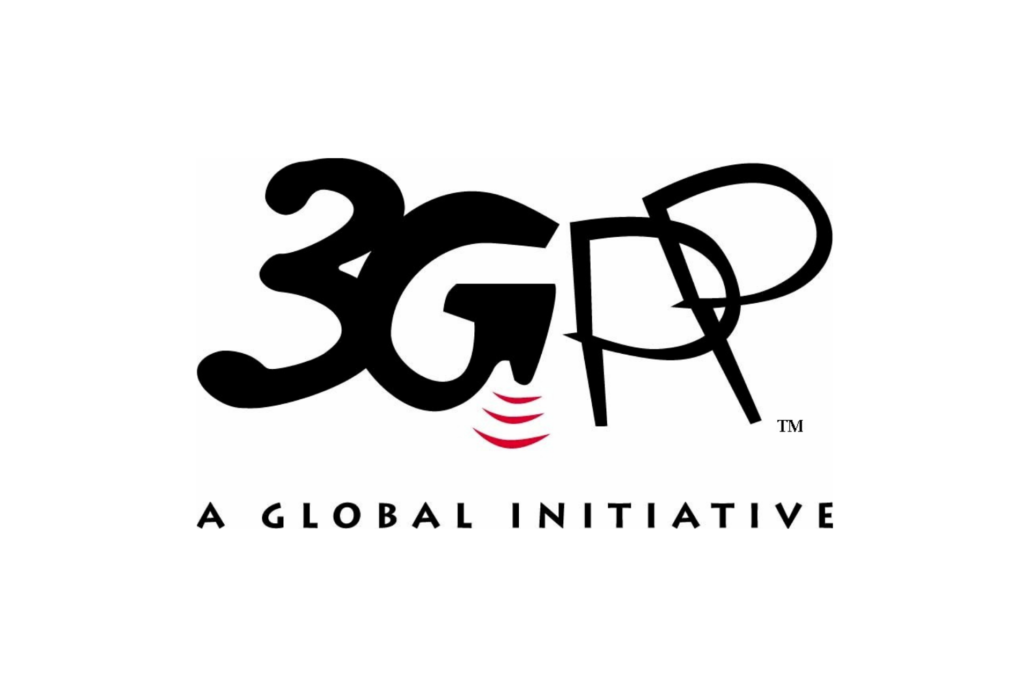Published on 26.03.2021 | Last updated on 24.09.2024
Magister has joined The 3rd Generation Partnership Project (3GPP) and plans to work within Radio Access Networks (RAN) technical specification group. Standardization enables production of high quality systems, products and services which meet the set requirements. It needs a wide range of expertise to succeed in its mission.
The 3GPP is a global partnership program, which standardizes cellular telecommunications technologies including radio access, core network and service capabilities. It is structured in releases, but most people know them as mobile system generations e.g. 2G, 3G, 4G and 5G.
Magister Solutions has joined 3GPP via the European Telecommunications Standards Institute (ETSI) as a full individual member.
Why is standardization important?
Standardization brings the market players together. The development of new technical standards is based on the consensus of different parties, including vendors, operators, interest groups, governments and consultant companies like Magister. Cooperation gets the most out of the existing knowledge:
– This sort of independent global standardization process enables production of high quality systems, products and services which meet the set requirements. It enables building systems with maximized compatibility, interoperability, safety, repeatability and quality, says Magister’s Director of Simulation Services, Jani Puttonen.
Lastly but not least, 3GPP’s transparent standardization process enables faster to market, increased number of players and healthy competition. All this is good for the customer as well due to lower pricing.
What is 3GPP currently working on?
3GPP is working on the Release 17, which among other things targets development of 5G for Non-Terrestrial Networks (NTN). Release 17 is planned to support transparent payload based spaceborne (LEO and GEO satellite) as well as airborne (unmanned aircrafts, high altitude balloons) systems. 5G offers groundbreaking possibilities:
– 5G has the unique possibility of becoming the first global standardized system for both terrestrial and satellite connectivity. This shall enable multiple use cases like high throughput connectivity to hard-to-reach, uncovered areas; mobile satellite services for maritime or avionic segments; and global IoT services, Puttonen sums up.
5G standardization as well as NTN have raised huge interest in the 3GPP community. This interest has resulted in approximately 30 % increase in member organizations in the past few years. Release 17 will be published in 2022.
Why is Magister participating in standardization?
Magister has joined 3GPP as a full individual member and targets to focus on Radio Access Networks (RAN) standardization. Magister’s long history with TeleCom and SatCom industry and it’s own service development offer precious knowledge to be shared:
– We are developing our own independent 5G system simulator which is planned to be used to study and evaluate different technical alternatives and concepts, especially focusing on NTN. This surely enables us to make a difference in the global standardization process. Active participation in standardization work is just not possible without an ability to provide relevant simulation results. That’s why we will contribute to 3GPP’s RAN 1–4 working groups and function as a delegate in RAN2, says Puttonen.
3GPP provides Magister a true lookout for upcoming standards and progress to be used to build even better simulation services. The 3GPP standardization work is also related to Magister’s R&D projects, ALIX and DYNASAT, which target successful standardization of 5G NTN as well as its potential enhancements in future 6G.
Interested? Let’s talk, contact us!
Read more about ETSI and 3GPP.
Summary:
- 3GPP standardizes cellular telecommunications technologies, including radio access, core network and service capabilities.
- Standardization enables production of high quality systems, products and services, and multi-vendor systems.
- 3GPP is now working on standards for 5G technology such as 5G Non-Terrestrial Networks (NTN).
- Magister has joined 3GPP and plans to work within Radio Access Networks (RAN) technical specification group.
- Magister’s own 5G system simulator offers independent first hand knowledge to current and upcoming standardization processes.
Keywords: 5G, NTN, 3GPP, ETSI, RAN




